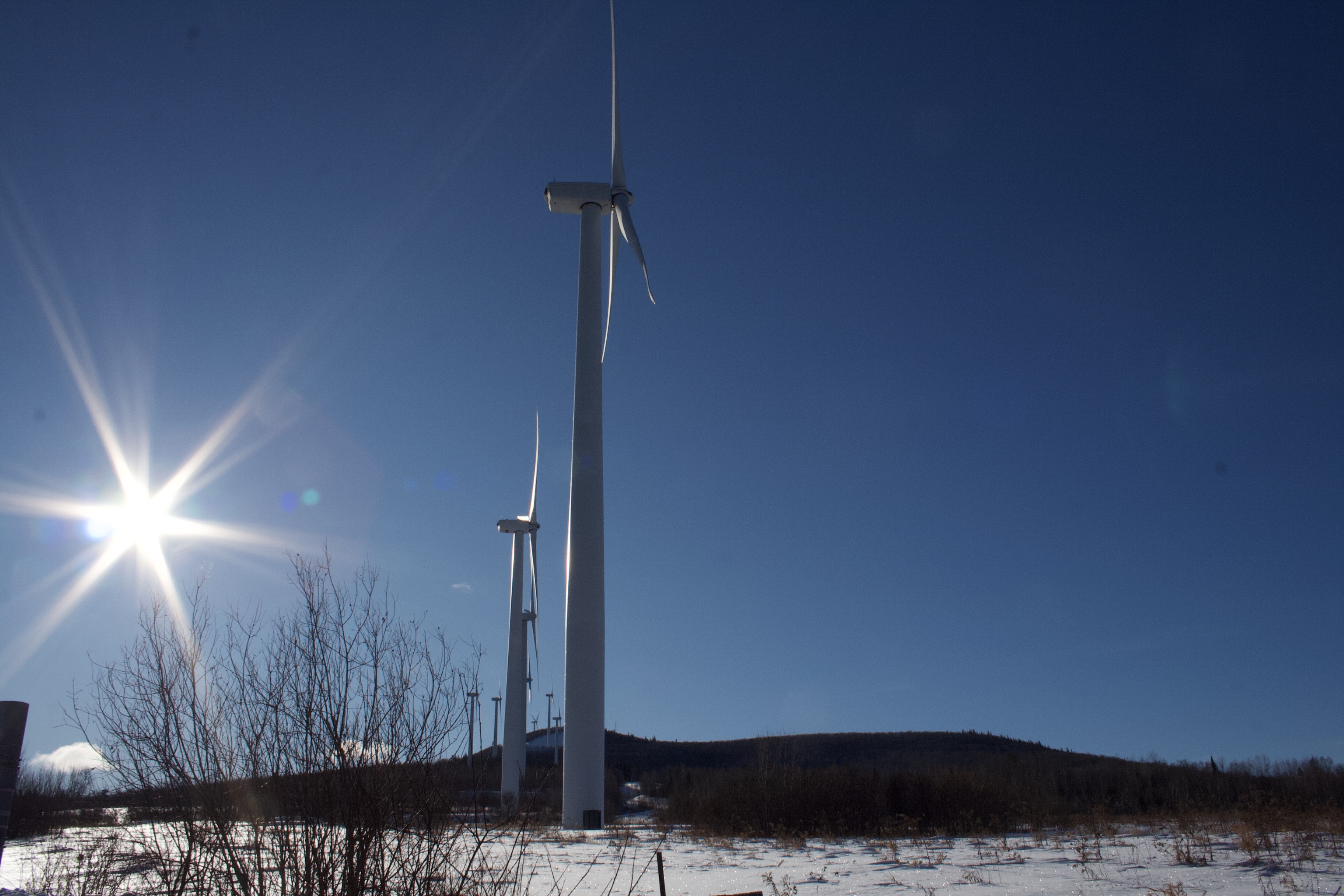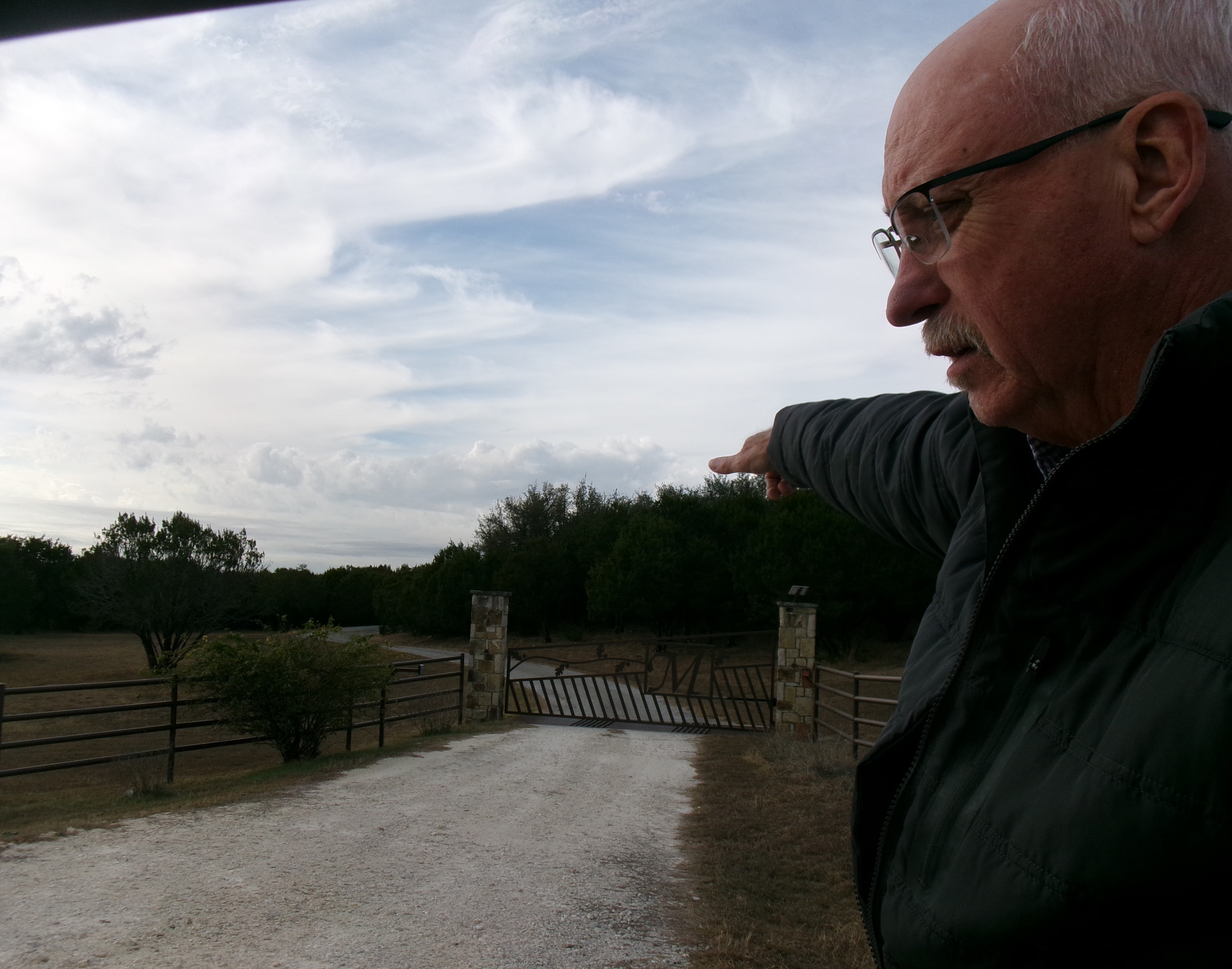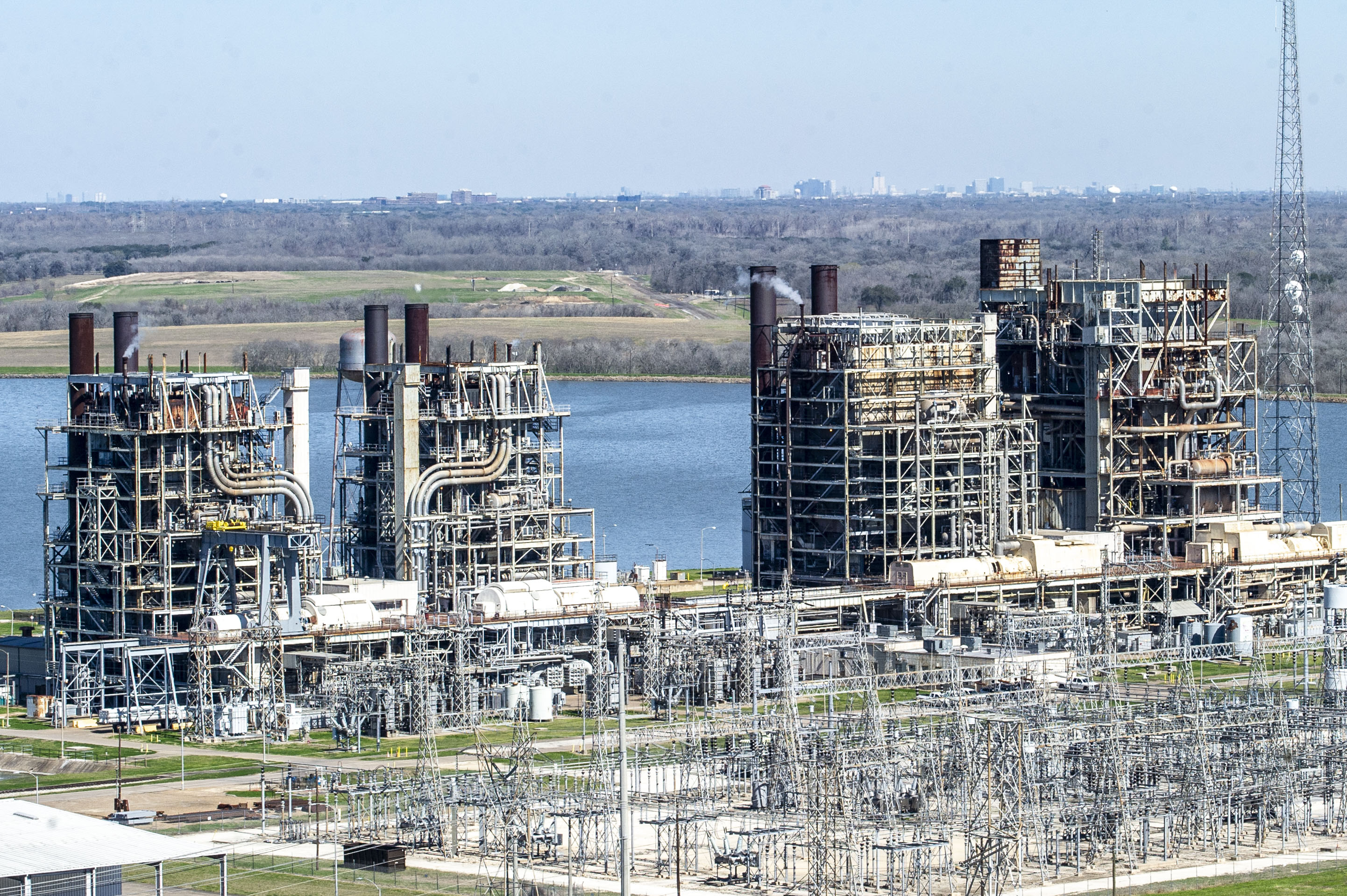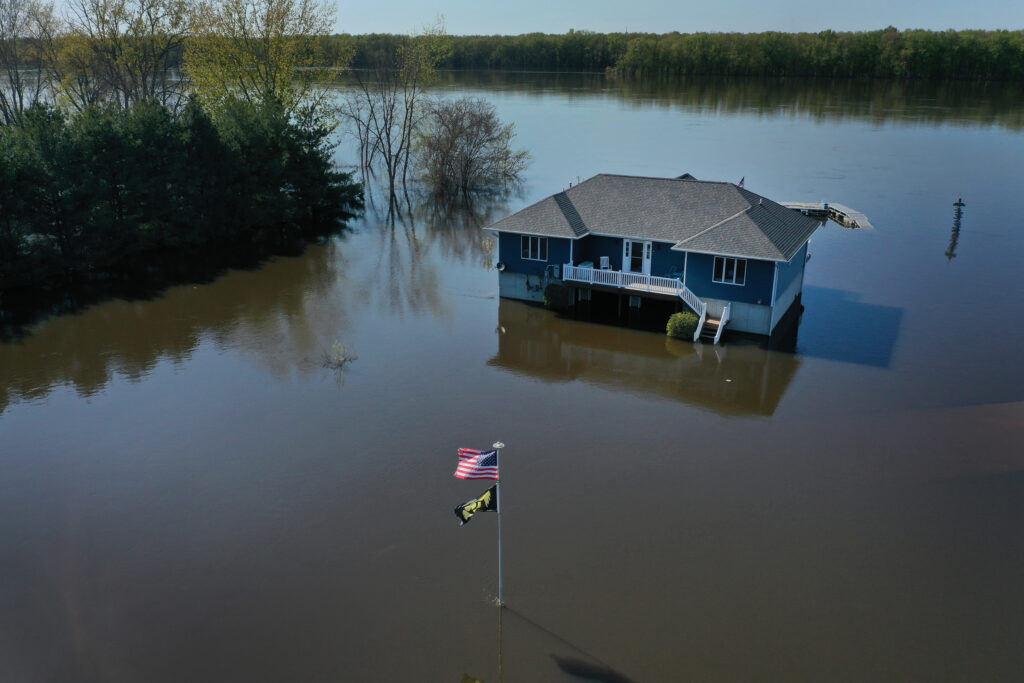The California Energy Commission voted unanimously on Wednesday to begin a process to incorporate the value of “non-energy benefits,” such as health impacts and job creation, in future decisions about the state’s energy mix.
The practice is not entirely uncommon. Several other states have considered certain non-energy impacts in energy decisions—Minnesota has considered air quality impacts and Maryland has quantified health benefits, for example. California itself weighs health impacts in some climate policy decisions. But the new process would push the state to systematically include a wide range of those benefits or costs in future energy planning.
That could help tip the scales towards clean energy programs that reduce local pollution but previously may have looked too costly to invest in, advocates of the proposal said, or towards building more distributed solar projects, which are generally more expensive than large-scale installations but provide resilience benefits.
We’re hiring!
Please take a look at the new openings in our newsroom.
See jobs
“Policy development and decision-making on narrow, energy-only factors inherently fails to consider the context and holistic impacts of such policies, with potentially profound impacts on the people of California and our environment,” said Sahm White, an energy policy consultant, during public comment before the vote. White previously worked for the Clean Coalition, one of the organization’s advocating for the policy change.
In addition to following regulatory mandates like renewable energy requirements when making decisions, energy regulators weigh a project’s cost-effectiveness. Generally, economic benefits should outweigh costs.
Historically, that accounting has most often included traditional metrics like up-front infrastructure and maintenance and operation costs. The commission’s decision could recalibrate those calculations by also including social and environmental factors, such as the benefits of avoiding hospital visits due to asthma or preserving important habitat. The commission is responsible for guiding the state’s overall energy vision and planning.
Clean energy groups and environmental advocates have long argued that traditional energy cost-benefit calculations do not appropriately weigh the social costs associated with gas and coal plants or the variety of benefits that come with renewable energy like rooftop solar.
“Our state is keeping fossil fuels online longer, oftentimes because they consider some of them cost-effective. But what about the cost of taking care of our family members getting sick every year from breathing in fossil fuel pollution?” said Alexis Sutterman, the energy justice manager at the California Environmental Justice Alliance, in a public comment.
The commission’s vote came in response to a petition that 16 climate, environmental justice and clean energy groups, including the California Environmental Justice Alliance, filed at the California Energy Commission in February. The filing asked regulators to develop rules for the consideration of non-energy benefits in its decisions.
Adjusting these calculations is particularly important, advocates say, because energy investments have outsized impact in marginalized communities. Retiring certain fossil fuel plants, which have most often been located in low-income communities and communities of color, could equate to significant air quality improvement and health benefits in those areas. And revising cost calculations could lead the state to put money behind efficiency or clean energy projects that it previously would have deemed too expensive.
“We can’t leave communities behind. We can’t overburden communities,” said Roger Lin, a senior attorney at the Center for Biological Diversity, one of the groups behind the petition. “This has been a responsibility of the state generally, and it just hasn’t been taken up properly.”
In coming months, three California agencies—the Energy Commission, the Public Utility Commission, and the Air Resources Board—will draft an updated report laying out the energy resources the state will need to add in order to reach 100 percent clean electricity by 2045.
Advocates hope the forthcoming report, slated for release by January 2025, will include non-energy benefits in its analysis, but it’s unclear if the timing of those activities will align. The commission must now begin a public process to determine how to incorporate non-energy benefits in its decision-making.
In addition to health and air impacts, the non-energy benefits the state may consider include water and land use, impact to sensitive species, and economic development like job creation.
But quantifying the values and costs of these metrics will not be simple.
“For some of these, it becomes quite difficult to come up with actual monetary value,” said Steve Schiller, an independent energy consultant who has conducted research on non-energy benefits. “There’s always going to be some sort of estimate.”
But Schiller said even estimates can still be valuable. “If you ignore it, you’re essentially giving it a value — you’re giving it a value of zero. And that’s an assumption also,” he said.
This story is funded by readers like you.
Our nonprofit newsroom provides award-winning climate coverage free of charge and advertising. We rely on donations from readers like you to keep going. Please donate now to support our work.
Donate Now
After the Energy Commission determines non-energy benefit values, the state’s Public Utility Commission (PUC), which approves energy generation projects proposed by the state’s large utilities, is also expected to incorporate them into its own approval process, according to Lin..
Lin said the vote is especially important after recent decisions at the California PUC, which would reduce incentives for rooftop solar and limit access to community solar. The Center for Biological Diversity and other environmental groups have challenged the rooftop solar decision in court, and are hoping the state Supreme Court will hear the case. Lin believes consideration of non-energy benefits could have changed the PUC’s decision.
Ultimately, both advocates and the commission said the decision should lead to a more holistic process for managing California’s transition to clean energy.
“We know the harms of fossil fuel and other combustion resources, and we know the land use impacts of relying on utility-scale bulk resources,” said Lin in a public comment ahead of the vote. “We need to put those factors upfront in decision-making.”
















